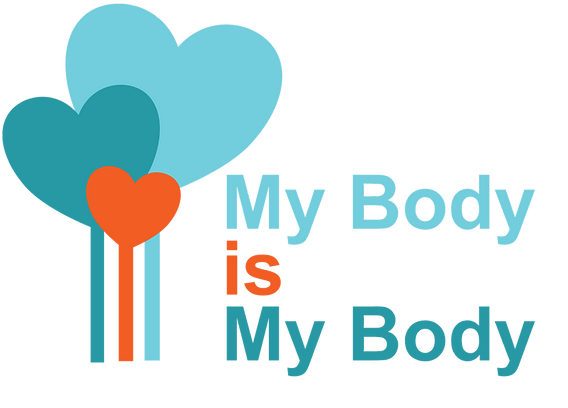Break the taboo about child abuse

All around the world children are being abused every minute of every day….
The facts are that over 1 Billion Children are abused every year, this is why we need to break the taboo about child abuse This is a staggering amount of children and yet many people do not think it is happening in their communities.
We have to educate communities that child abuse is happening in every community in every country in the world.
The Independent Inquiry into Child Sexual Abuse
Looking at the Independent Inquiry into Child Sexual Abuse in England and Wales, there were some very eye-opening statistics.
According to the “Truth Project”, the most common age at which adult victims and survivors of child sexual abuse shared their experiences was 50 – 59 years of age. Keeping these secrets for so many years and never being able to deal with them is detrimental to a person’s life. I was 32 when I told about my abuse for the first time.
I had gone through several years of self-destructive behaviour, which is why I am so passionate about teaching the My Body is My Body Programme to enable children, parents and teachers to discuss the subject of body protection.
The sexual abuse statistics from the “Truth Project”
Age when the sexual abuse started
1 – 3 years…………………..12%
4 – 7 years…………………..35%
8 – 11 years…………………32%
12 – 15 years……………….18%
16 – 17 years…………………2%
Relationship with the victim
Family Member…………………………47%
Other Relationship…………………….26%
Another Child (Not Related)……….14%
Teacher Or educational Staff……..12%
Other Professionals……………………1%

Where the Sexual Abuse took place:
Family Home…………………………42%
Schools………………………………..15%
Religious Institutions……………….6%
Residential care homes…………..6%
Other Institutions…………………….3%
Others…………………………………..8%
The impact of sexual abuse on survivors
There are many long-term effects associated with child sexual abuse and most of the people involved in this report (around 88%) reported depression and an impact on their mental health.
53% of people said that it affected their relationships with trust and intimacy being at the forefront of the problem experienced.
In relation to education and employment over 40% experienced academic difficulties. We know that trauma can certainly affect the learning capabilities of a child and again I would like to emphasise the importance of bringing this subject to the fore with your children to let them know it is ok to talk to you about anything that is bothering them.
Statistics in this report show that 67% of the children did not tell anyone about the abuse when it was happening most told after it had ended. 10% of people told for the first time when taking part in the “Truth Project”
According to the statistics of the”Truth Project,” around 79% ofchildren are sexually abused
before the age of 11 with 47% of the children sexually abused under the age of 7.
These statistics show why we need school and home programmes to ensure children have the knowledge to protect themselves and the security they know to whom they can talk if they have any problems.
Learn more about the My Body Is My Body Programme
I know many people talk about “Good Touch” and “Bad Touch”, but I believe this can confuse a child. Instead, we are better explaining that nobody should be touching their private parts at any time, with a few exceptions.
1. When you are young, your mommy, daddy, or the person who looks after you will have to wash your private parts (because you will be too young to do it for yourself), but you will soon learn how to wash your own body.
2. If your private parts are sore, mommy or daddy or your caretaker might have to put medicine there, but if you are uncomfortable with this, you can ask to put the medicine on yourself.
3. If you are sick or sore, the doctor might have to touch your private parts, but a parent or someone who cares for you will always be with you.
No one else should ever be touching your private parts!
Never let anyone take a photo of your private parts. If someone tries to touch your private parts, say NO and tell a safe adult.
If we are going to protect our children, we are going to have to find ways to engage with them and learn how to break the taboo on the subject of child abuse.
Child abuse flourishes in secrecy and allows the abuser to control the child. This is why we need to teach children NOT to keep secrets. However, teaching about good and bad secrets can be difficult to explain – so keep it simple and have a “No Secret Rule” in your family.
To find out more about the My Body is My Body Free Resources, please register on our website at https://mbimb.org





Responses